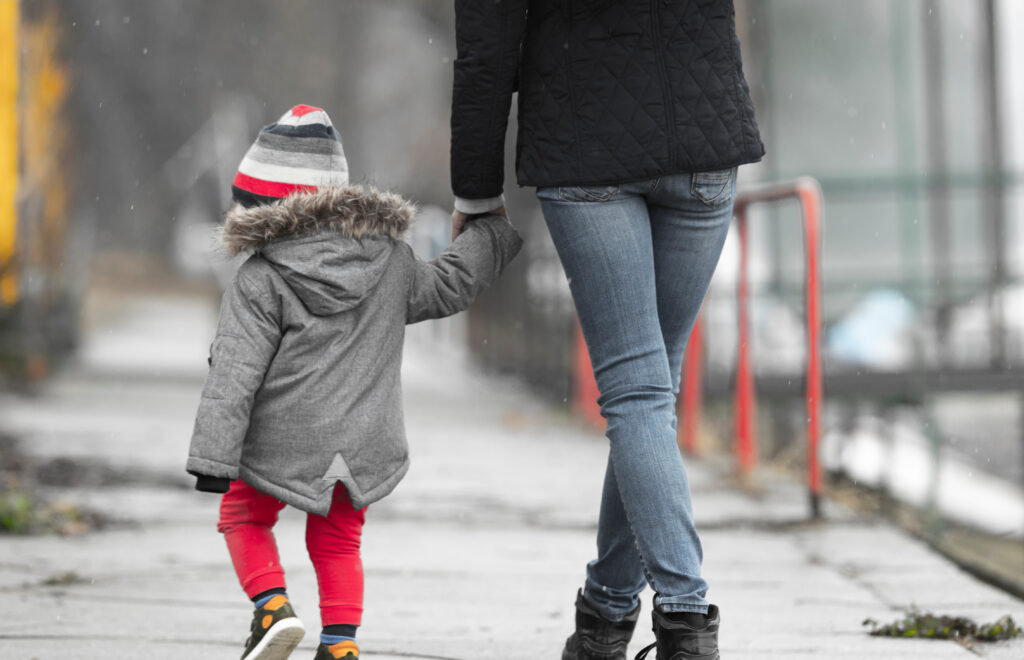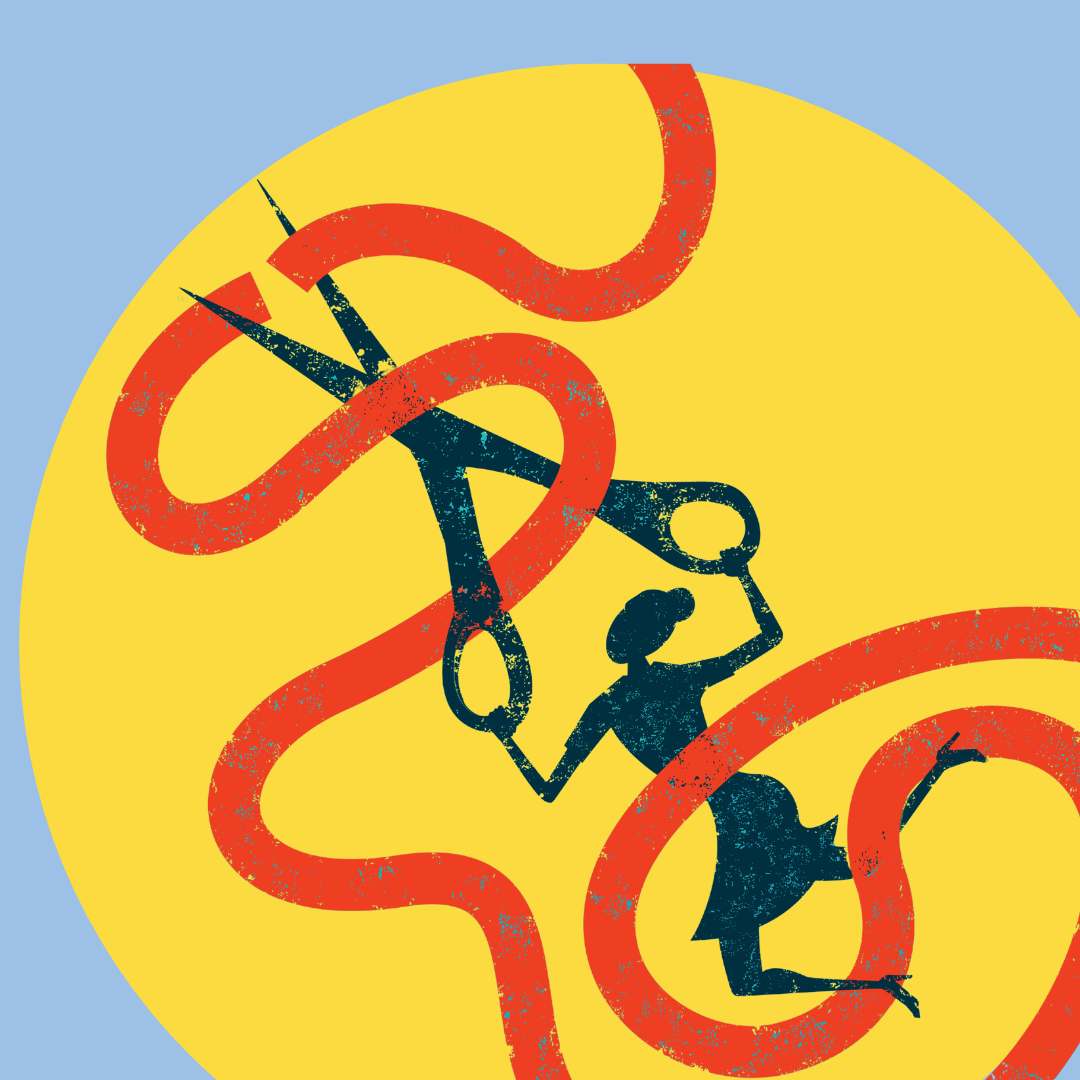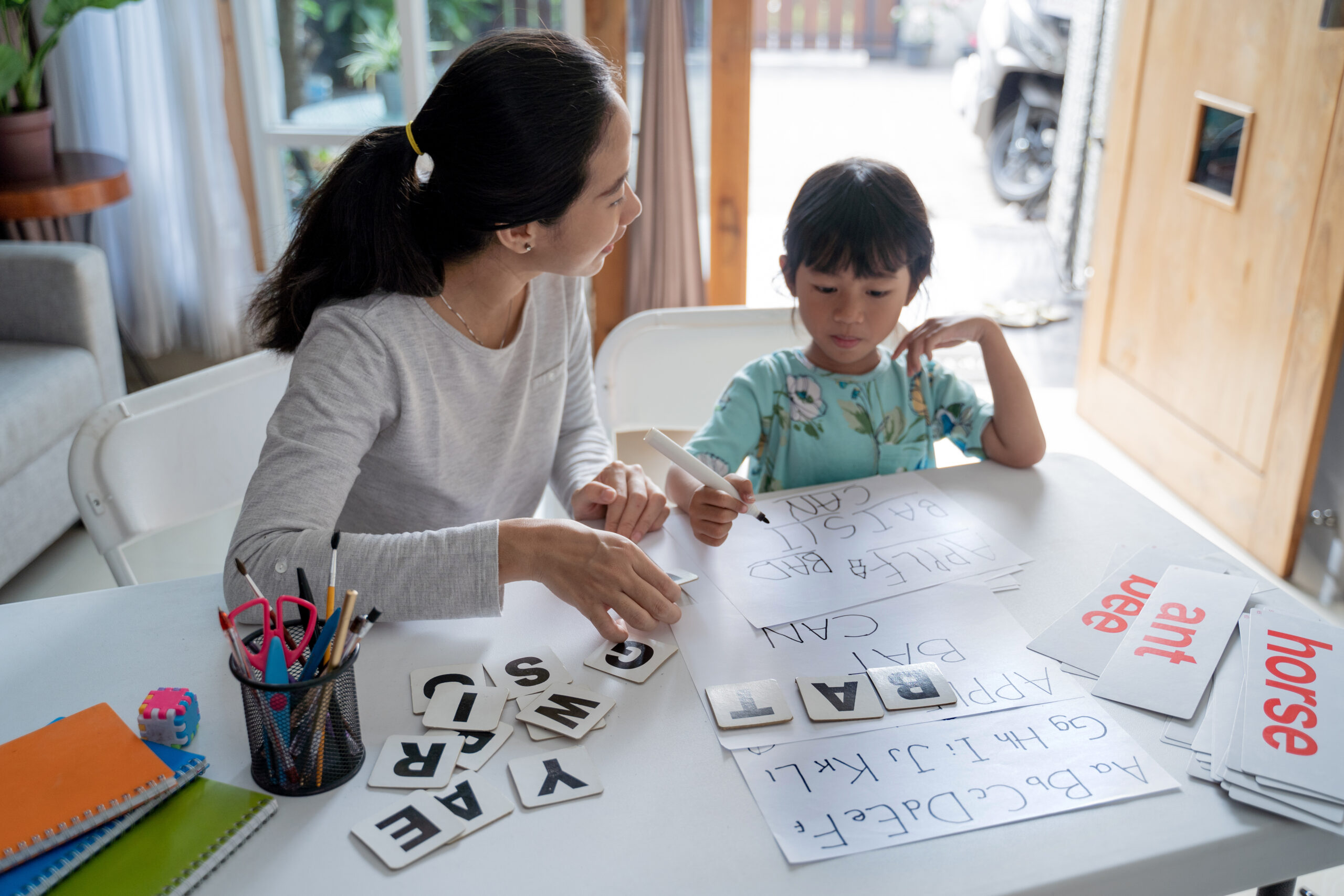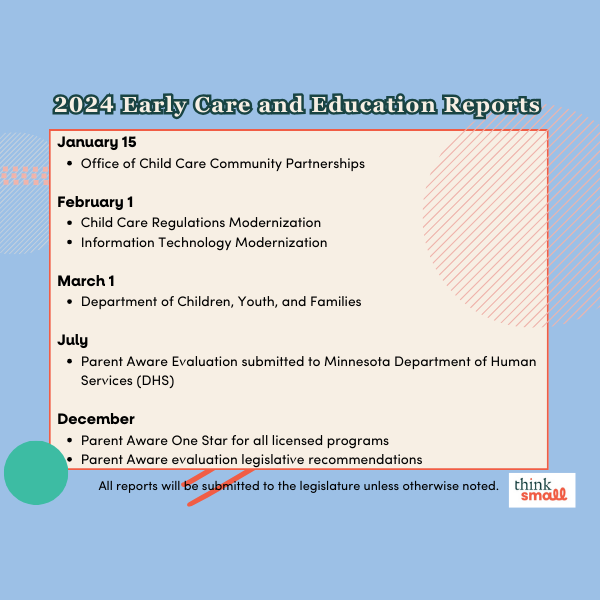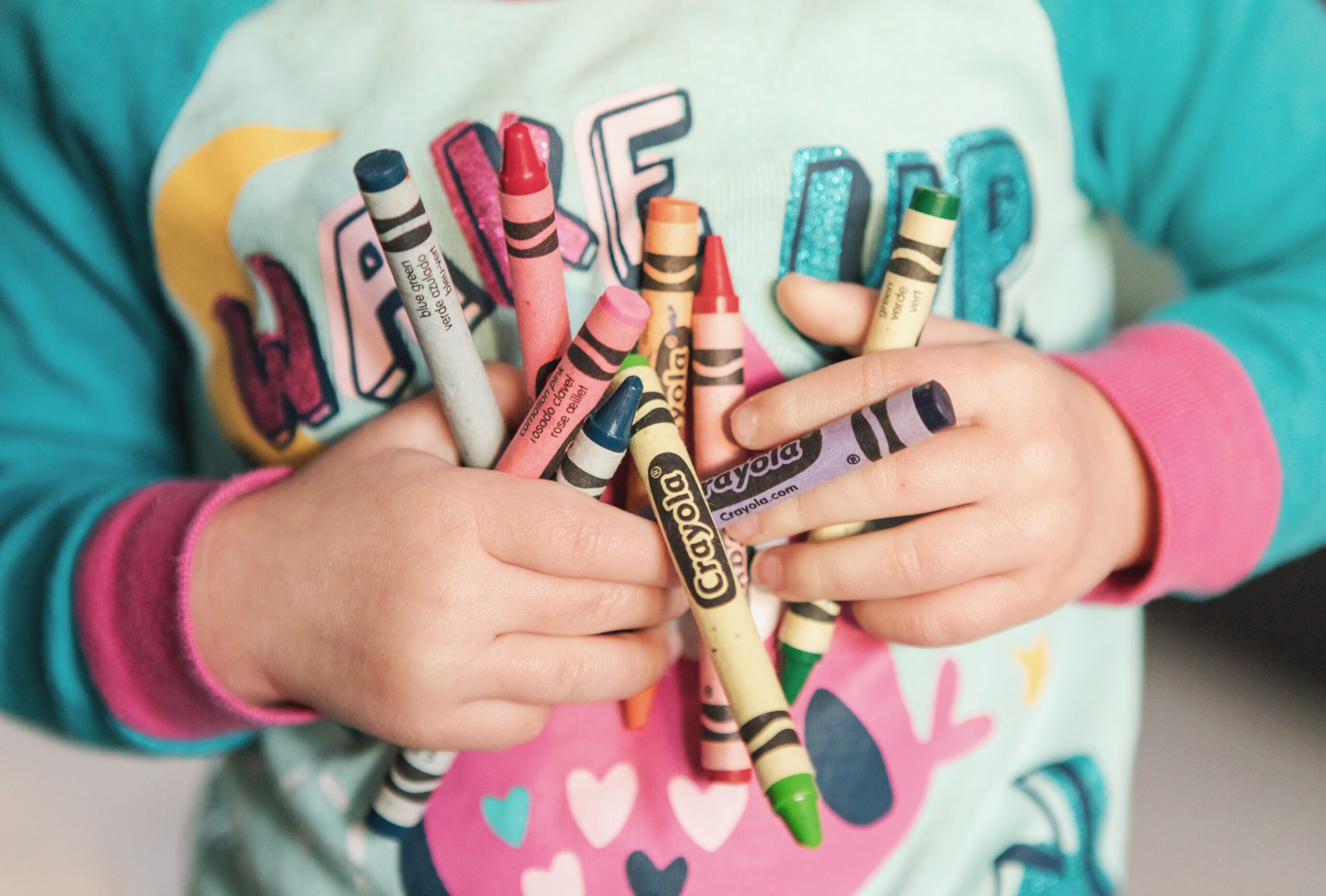What is early childhood suspension and expulsion?
Suspension or expulsion happens when a child is removed from their early childhood classroom. In practice, this can look a few different ways. The child may be sent out of the classroom to the director’s office. Parents may be asked repeatedly to pick up their child early because of challenging behavior. Or a family may be asked to find another program because the current one isn’t a “good fit.” More examples of what suspensions and expulsions look like are described in an early childhood program leaders’ prevention guide produced by SRI Education’s Center for Learning and Development.
How do suspension and expulsion affect young children?
When children are removed from their early childhood programs, they miss important benefits. They are removed from activities with other children that allow them to practice sharing and taking turns. They lose opportunities to build positive relationships with educators, which is important for healthy brain development. Missing out on crucial early experiences such as these is why suspension and expulsion can be harmful.
Early childhood expulsions are a big problem. A 2005 national study of publicly-funded preschool programs found that:
- Preschoolers are expelled at three times the rate of children in Kindergarten through 12th grades.
- Boys in preschool are four times as likely to be expelled as girls are.
- African American children are expelled almost twice as often as Latino and white children.
Why are children expelled from early childhood programs?
When educators are overwhelmed by a child’s challenging behaviors, they may see expulsion as the best option — behaviors like biting, shouting, or aggression toward others. Sometimes these challenging behaviors are part of typical child development. The challenging behaviors may be a child’s response to stress or trauma.
What is currently being done At the policy level in MInnesota to address this issue?
In Minnesota, publicly-funded programs including Head Start, Voluntary Prekindergarten, and Early Childhood Family Education (ECFE) may not suspend students and can only expel students in limited cases after certain steps have been taken. Licensed Family Child Care and Child Care Centers do not have these rules in place, though the 2022 Parent Aware Racial Equity Plan recommended the state create policies around suspension and expulsion for Parent Aware-participating programs.
What more is needed?
Just prohibiting suspensions and expulsions isn’t enough to prevent them and promote safe and secure learning environments that lead to success. Early childhood educators need training and support to create classrooms where all children can be nurtured and thrive. Training in trauma-informed care equips educators on how to support children who have experienced difficult or harmful situations.
When children have the opportunity to stay in high-quality care and education programs, it benefits them, their families, and the whole community. Giving more children access to these positive experiences helps set them up for future success.
To learn more about how policies and supports can help deter expulsion in early childhood programs, visit this resource from the National Head Start Early Childhood Learning and Knowledge Center.
Early childhood educators can discover a wide range of excellent eLearning professional development offered by Think Small Institute. To stay connected to information on resources for early childhood educators, advocacy opportunities, policy initiatives, and more, be sure to follow Think Small on Facebook.
By Marie Huey, Public Policy and Advocacy Team Leader
